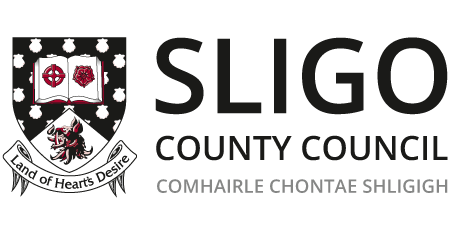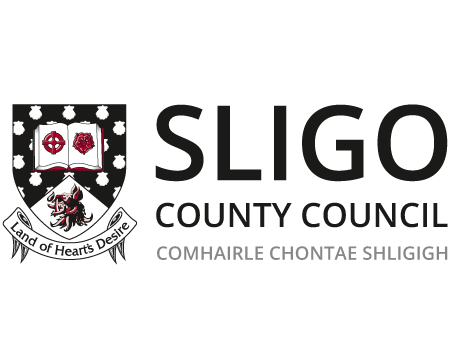Burning Waste
Can I burn agricultural land clearance waste?
There are certain exemptions for the burning of land clearance waste under the WASTE MANAGEMENT (PROHIBITION OF WASTE DISPOSAL BY BURNING) (AMENDMENT) REGULATIONS 2023.
In early 2023, the Department of the Environment, Climate and Communications announced that the practice of burning agricultural green waste will end on the 30th of November 2023. To facilitate a final transition, a last short time-period for burning will re-open on the 1st of September 2023 and close on the 30th of November 2023. There will be no further extension. Please see the ‘Agricultural Waste Flyer’ and ‘Agricultural Green Waste Leaflet’ for more information.
Contact Sligo County Council’s Environmental Services Section on 071 911 1457 for further information.
Burning Household Waste
Can I burn household waste?
No – burning of household waste is illegal under the Air Pollution Act 1987 which obliges us all not to cause or allow emissions in such a quantity as to be a nuisance or cause air pollution even if you are burning:
- on the open fire
- in a range,
- in a mini-incinerator
- in a solid fuel burner
- on a bonfire
The Waste Management Act 1996 also prohibits the burning of any waste type except in accordance with a permit.
Burning waste can:
- Constitute a nuisance to neighbours (e.g. smoke drafting through clean washing on a line)
- Release many very harmful chemicals into the air you breathe. Waste nowadays has many more chemicals in it that you may not expect. Paper wastes may even contain synthetic materials, preservatives and even plastics e.g. magazines are a lot glossier, envelopes have plastic windows. The chemicals in waste are only often truly destroyed when burned at very, very high temperatures (e.g. temperature of incinerators).
Summer Bonfires and Halloween
Sligo County Council wishes to advise the public that the lighting of bonfires at Halloween or on Bonfire Night should be undertaken with great care for health, safety and environmental reasons. Sligo County Council does not wish to spoil traditions steeped in our history and culture, but must advise the public of the dangers of large bonfires at these times, particularly when they are composed of waste materials. The traditional bonfires burned wood and straw. Nowadays old tyres and waste materials are used as fuel for bonfires. In some instances, householders will use the excuse of a bonfire to off-load waste materials. Waste material should not be provided by householders for the purpose of burning in bonfires.
Nowadays we all have greater obligations with regard to our environment.
Think before you light a bonfire this year!

